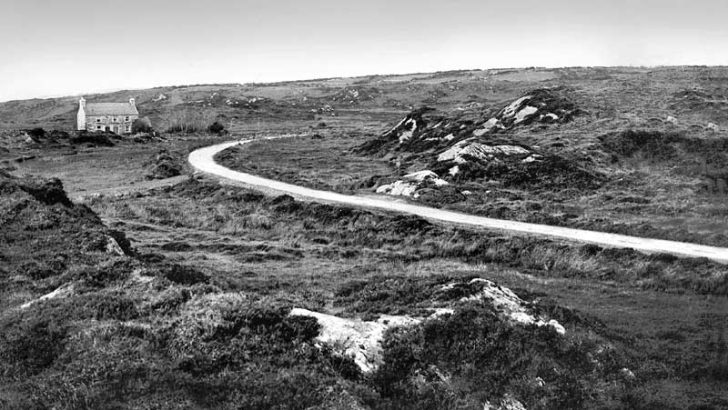Kilmichael: The Life and Afterlife of an Ambush by Eve Morrison (Irish Academic Press, €19.95/£16.95)
Here in Ireland, we had a very economical revolution, with possibly no more than about 5,000 fatalities in the period from 1919 to 1923. By contrast Finland’s contemporaneous civil war, an outcrop of the Russian Revolution, a struggle between right and left, in which the nationalists succeeded in making the country independent, concluded with some 30,000 dead.
Our war of independence in particular was also a sort of civil war, in which a substantial part of the population remained unengaged militarily or even hostile to the insurgents. It was also civil, in the sense that not much happened for long periods, and life went on.
Result
The result of this has been to focus inordinate attention on those relatively few ‘large-scale’ military engagements which did occur.
The Kilmichael ambush, the focus of this book, was one such. It was the greatest single loss of life for Crown forces during the war of independence. On November 28, 1920, near Macroom, Co. Cork, an IRA flying column attacked a patrol of Auxiliary police, killing 16 of the 18 men. One escaped, but was captured and killed, while just one was left alive. Three of the IRA men died.
While its significance as a military turning-point in the war of independence is moot, the incident – like so many in the narrative on Irish history – has achieved totemic status in the ‘culture war’ surrounding the perceived rights and wrongs of the fight for Irish independence.
So this elegant, thought-provoking and courageous book by Eve Morrison is about much more than the ambush itself. As Morrison writes in the first pages, “If the modern Kilmichael debate was really about the evidence, it would have ended long ago”.
Approach
Morrison’s value-added approach is that she interprets the ambush as “a rhetorical hook for wider polemics surrounding the Irish independence struggle”. The circumstances of the ambush have always been a matter of contention, involving skulduggery, allegations of false surrenders, desecration of corpses and post-mortem robbery.
As she points out, almost immediately the engagement became an instrument of propaganda for both British forces and rebels. In the 1970s it morphed into a bitter intra-IRA dispute between old men. Finally, historian Peter Hart’s examination published in 1998 ignited further controversy which degenerated into accusations of falsification of evidence and fabrication of interviews.
The passions apparently aroused resulted in “a bizarre experience” for the author. She claims she was threatened verbally, misled, shouted at by strangers and sinisterly shadowed when visiting the site. These are not the sorts of experiences that many historians have had to endure; nor should they have to.
But this personal testimony gives the book a frisson not usual in serious academic works. And this is a serious academic work. Morrison sets Kilmichael in its context of time and place, national and international. She forensically examines the circumstances and outcome of the ambush. Atmospheric photographs help to set the scene. But the real meat of the book is an exploration of historiography and historical methodology underpinning the various interpretations and interrogations of the ambush’s place as ‘a rhetorical hook’, and how it has acted as a proxy for differing narratives, assessments and comprehensions of the Irish revolution.
Positions
There is a complex but clear exposition of the various positions taken up by polemical protagonists from the 1970s onwards. Morrison has done Irish historiography a considerable service in exposing its principal weakness – that of writing history backwards, as it were, and reading the Irish story as an almost Manichean battle between the polarities of good and evil represented by Irish and British.
Morrison asks “Is there a Kilmichael around which all sides can rally and remember”?
Sadly, probably not. Or at least not yet.


 Kilmichael, the bleak west Cork site of the ambush in 1920.
Kilmichael, the bleak west Cork site of the ambush in 1920. 